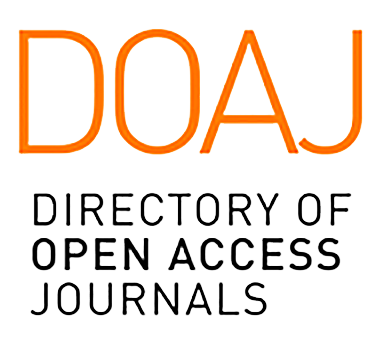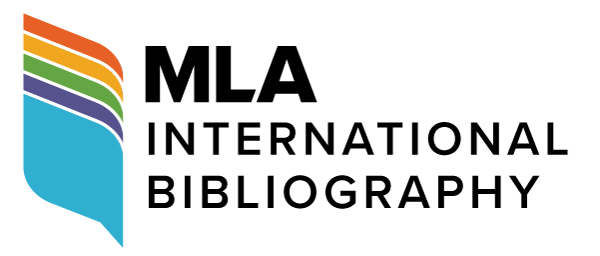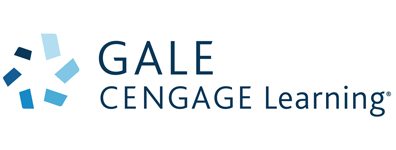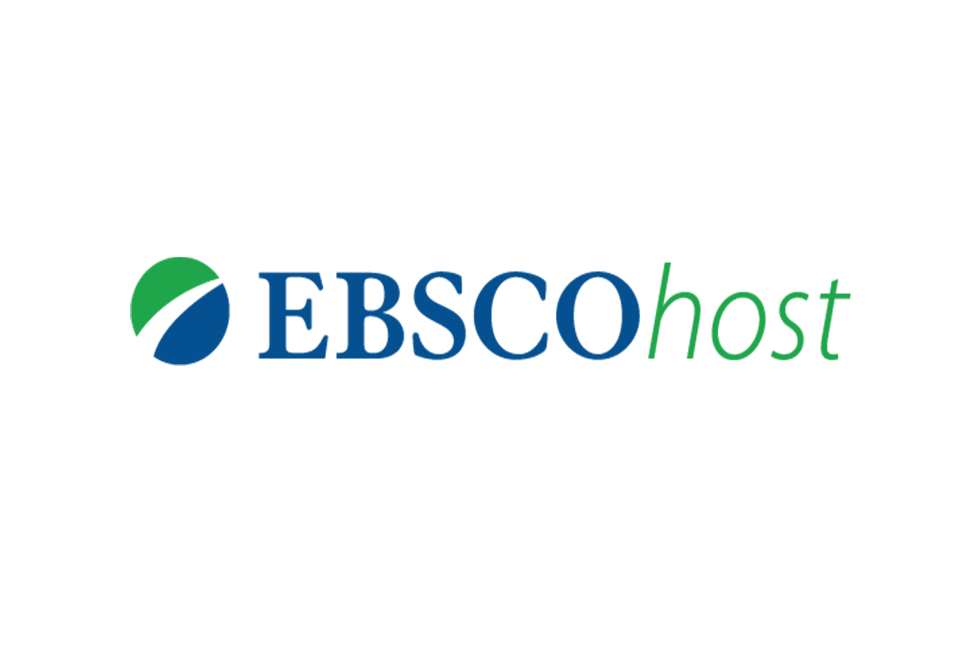2790-9441






MLA International Bibliography
MLA Directory of Periodicals
ProQuest
CrossRef
Google Scholar
Gale-Cengage
ROAD
Ali Bahojb Habibi
Shadi Mohammadali Zadeh Fard
Payame Noor University of Tabriz, Iran
Abstract
Effective communication is essential, but it is even more important to be willing to communicate. A promising method that promotes EFL students’ willingness to communicate is Kagan's Cooperative Structures. The present study aimed to investigate the impact of group-work techniques based on Kagan's cooperative structures on Iranian upper-intermediate EFL learners' WTC. From among 75 initial EFL students, 60 were selected using the convenience sampling method based on the results of the Nelson proficiency test. Then, the participants were randomly assigned into one control group and one experimental group. A WTC questionnaire developed by MacIntyre et al. (2001) including 27 items on a 5-point Likert scale was administered as a pretest. Afterward, the different group-work techniques based on Kagan's cooperative structures were instructed as a treatment to 30 participants in the experimental group only. The instructional treatment took 15 sessions, and in each session, 20 minutes were devoted to the treatment. Analyzing the WTC scores obtained through an independent sample ttest after the treatment instruction indicated that Kagan's cooperative structures significantly improved EFL learners' WTC. The obtained results have some implications for teachers in order to promote learners’ WTC and hence, improve their learning through applying Kagan’s cooperative learning structures.
Keywords
Second language acquisition, cooperative learning, willingness to communicate, Kagan's cooperative structures, group-work